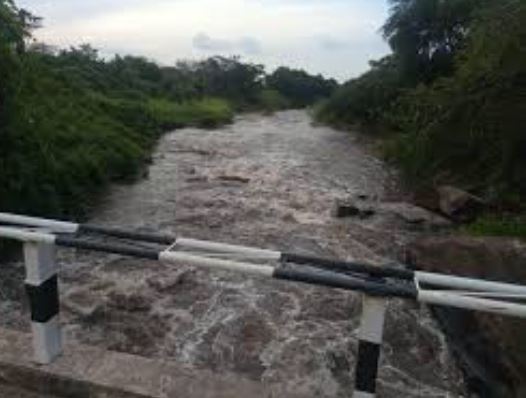The dead body of Pio Ohide Masiata, 40, was found floating dead in Kineti River a week after he drowned in Himodonge Payam in Eastern Equatoria State’s Torit County over the weekend.
Sources said the deceased was on his way home when slid into Kineti River. This is the second drowning case in the payam this year after a woman identified as Nyunyu George.
Elia John Akilo, the acting head chief of Himodonge Payam, told Radio Tamazuj that the deceased was under the influence of alcohol when he slipped into the river.
“The late drowned while returning from communal work. A group of men went to collect wood and burn charcoal and alcohol was taken to the place where they were working in the bush,” he explained. “They drank the alcohol and everybody went his way and Pio was left where the charcoal was while the others came home. They did not realize that he had been left behind.”
Chief Akilo added: “On his way back alone, the deceased, Pio Ohide Masiato, aged 40 years, fell in the river and drowned because he was drunk.”
For his part, Vitale Ofire Raphael, the SPLM-IO Chief Whip in the Eastern Equatoria State Legislative Assembly who hails from Himodonge, confirmed the incident and sent condolences to the bereaved family.
“Such incidents are so painful. One person identified as Ohide Pio was going with his colleagues to cut wood and burn charcoal and they took along with them alcohol to drink there,” he said. “It seems he was moving behind the rest and since he was drunk, he fell in the river and drowned. We always urge the youth that consumption of alcohol is not good. Any communal work with alcohol without food leaves one confused.”
“We are shocked by the death and extend our condolences to the deceased’s family,” Ofire added.
Meanwhile, Lt. Kennedy Khamis, the Deputy Director of Safety and Disaster Management at the Civil Defense in the state, decried the lack of sufficient trained personnel to check drowning cases.
“Civil Defense staff have been deployed along the roads people use along the river in places such as Addis Ababa and Gumbo Bridge because these are areas where drowning happens often,” he explained. “Also, children often and even drunk people cross in these two places but we do not have staff in other areas because we do not have enough manpower. Our people also do not know the procedures to be used because when such cases occur, sending the information is key.”




